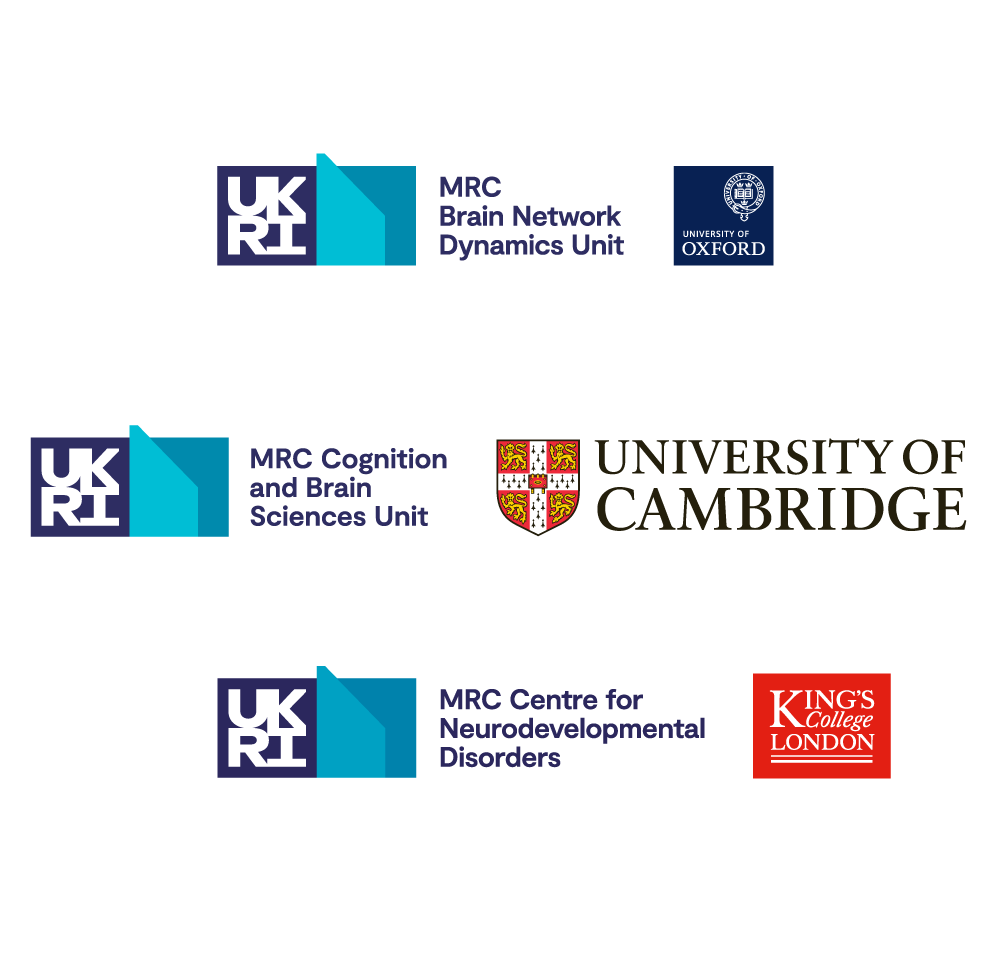
We are delighted to announce that the MRC Brain Network Dynamics Unit has received funding to support a new research collaboration that aims to advance the use of next-generation transcranial magnetic stimulation devices for studies of human brain function in health and disease.
The new collaboration will capitalise on the Unit’s interactions with the MRC Cognition and Brain Sciences Unit (MRC CBU) at the University of Cambridge and the MRC Centre for Neurodevelopmental Disorders (MRC CNDD) at King's College London. As part of this collaboration, the Unit will leverage its bioengineering expertise and industry partnerships to develop devices that allow for unprecedented control over the patterns of magnetic stimuli that can be delivered to the brain.
Unit Interim Director Professor Peter Magill commented “This is a really exciting opportunity for us to team up with world-leading researchers at the MRC CBU and MRC CNDD. By working together, we envisage that rapid and sustainable progress can be made towards delivering devices with the potential to enhance research across the UK and further afield.”
Professor Tim Denison, who will lead the Unit’s contribution to the new research network, commented “We look forward to working with our collaborators as we pursue our shared goal of providing - in an open and transparent manner - the wider research and innovation community with our latest state-of-the-art transcranial magnetic stimulation system for therapy discovery and translational research.”
Dr. Lothar Krinke, CEO Magstim Group Inc., commented “The UK has led the field of transcranial magnetic stimulation technology since the initial invention at Sheffield University. This grant to our academic partners will address important needs for researchers and clinicians in the field of non-invasive brain modulation. We value our partnership with the research network and are collaborating to ensure that new technology will be available to users and customers around the world.”
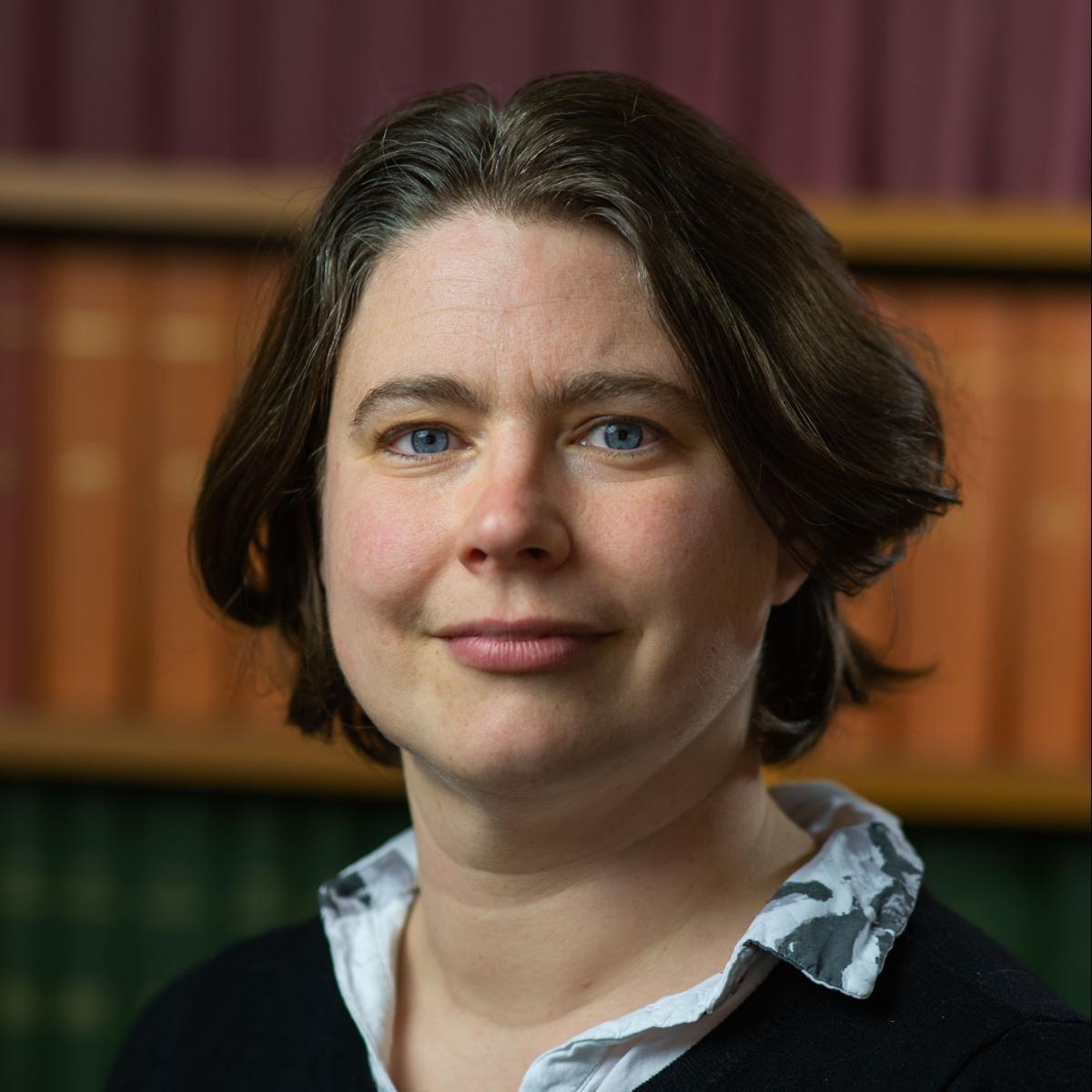
Many congratulations to Unit Group Leader Professor Charlotte Stagg on being awarded a Wellcome Senior Research Fellowship.
Wellcome Senior Research Fellowships support researchers who are emerging as global leaders in their field and who want to tackle the most important questions in science.
Unit Interim Director Professor Peter Magill commented: “We are thrilled for Charlie. Her Fellowship is thoroughly deserved, and is a fitting testament to her outstanding track record and compelling research vision. The Fellowship will help Charlie to continue making critical contributions to the Unit’s pioneering cross-species approach to discovery and translational research.”
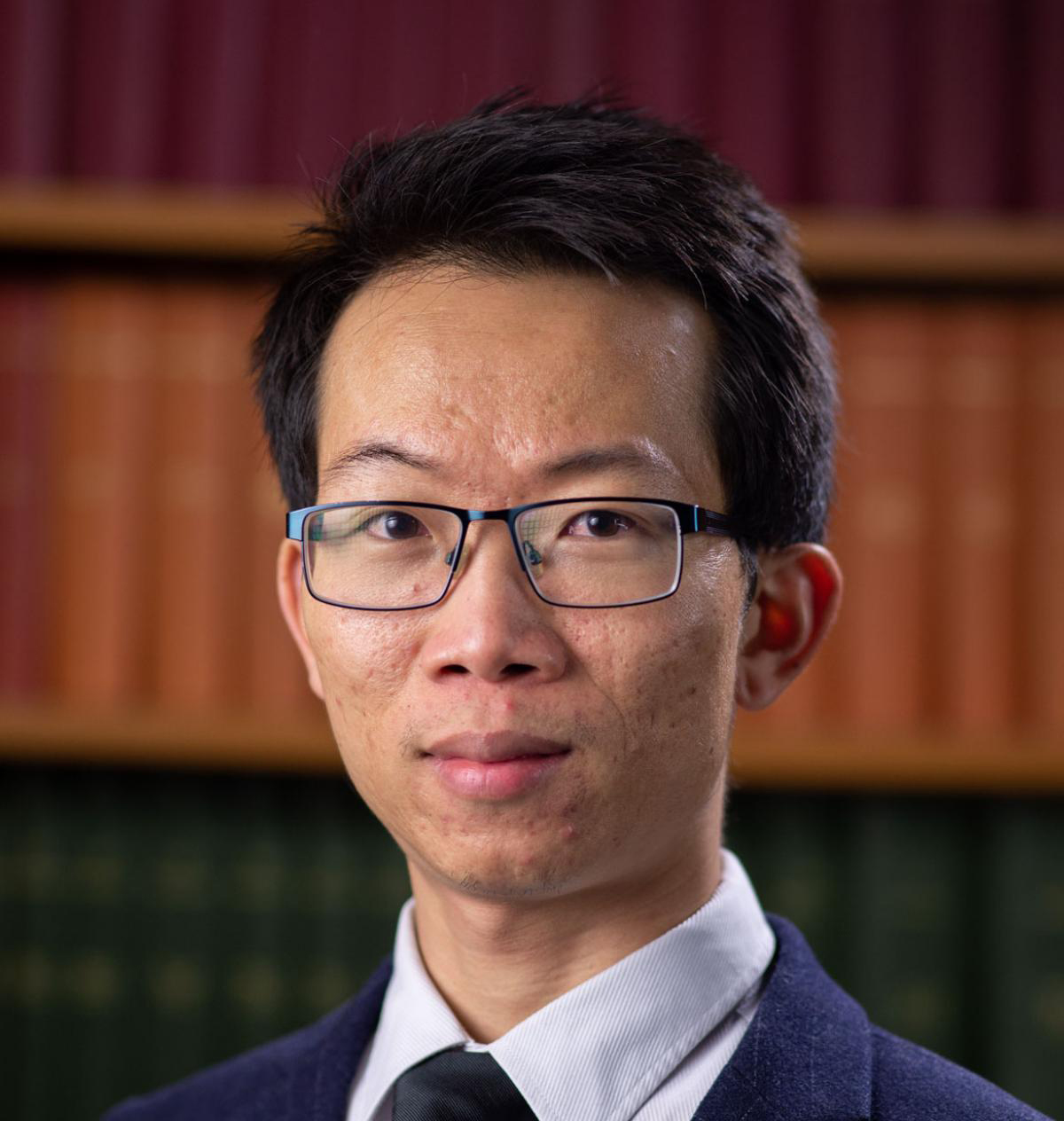
Congratulations to Unit postdoctoral researcher Dr Shenghong He on winning the Director’s Award for Open Research for 2021.
The Award is given annually, on the basis of nominations made by Unit members, to recognise and celebrate the exemplary contributions of an individual or small collective to the Unit’s Open Research activities. The Award also reflects diverse contributions to Open Research, from the sharing of data, code, experimental protocols and materials, to the promotion of best practice and the provision of enabling infrastructure.
Shenghong’s Award was announced by Unit Interim Director Professor Peter Magill at the Unit’s Winter Science Day last week. Professor Magill commented “It is a great pleasure to recognise and reward Shenghong in this way. Shenghong showed great personal initiative in curating and sharing three distinct resources that are related to his recent publications, even though the host journals did not require him to do this. The Committee was particularly impressed by Shenghong’s use of the Unit’s Data Sharing Platform to disseminate complete original datasets with matching code that together allow users to replicate the results/figures documented in his papers. An excellent approach to promoting reuse and reproducibility.”
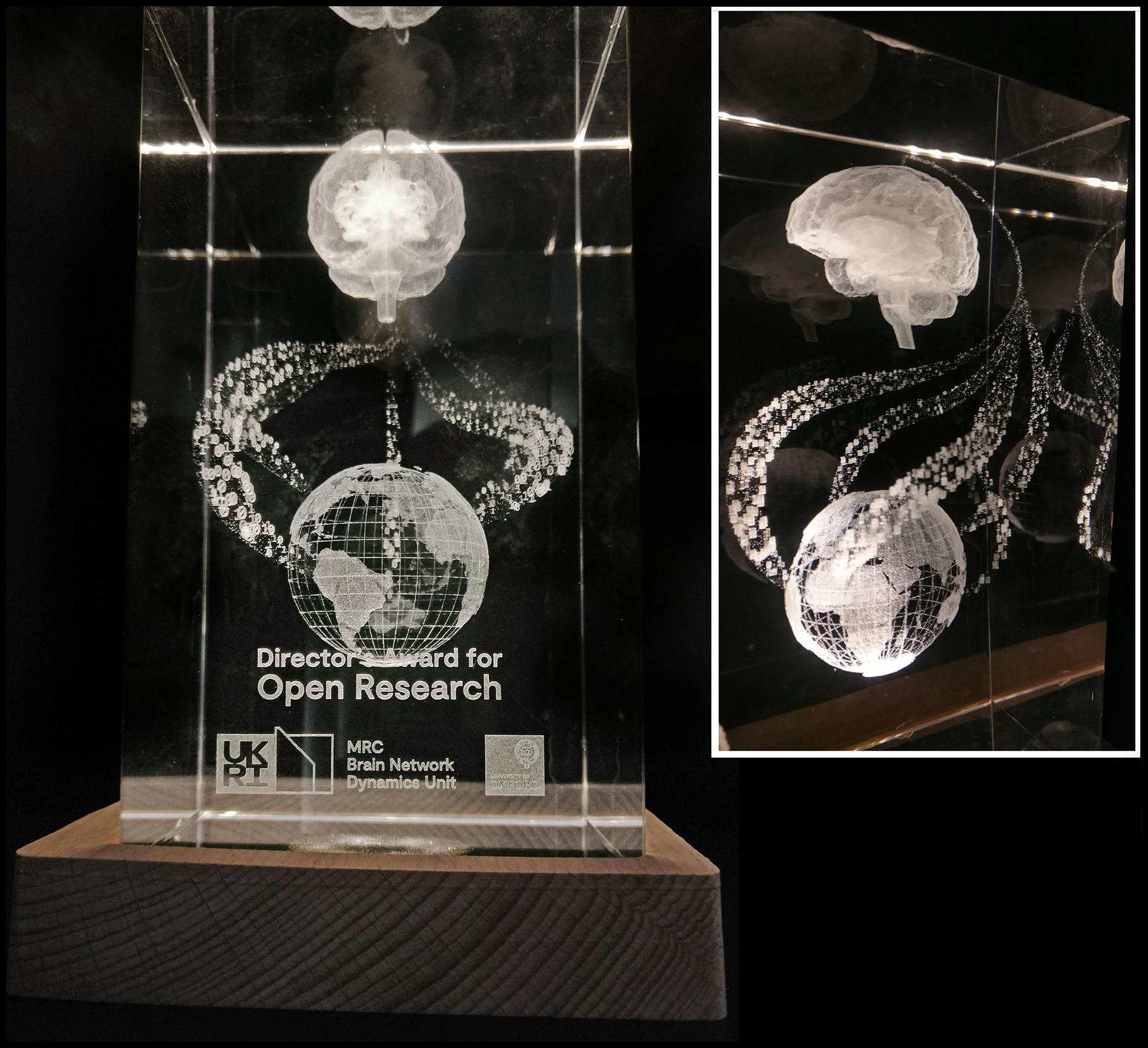
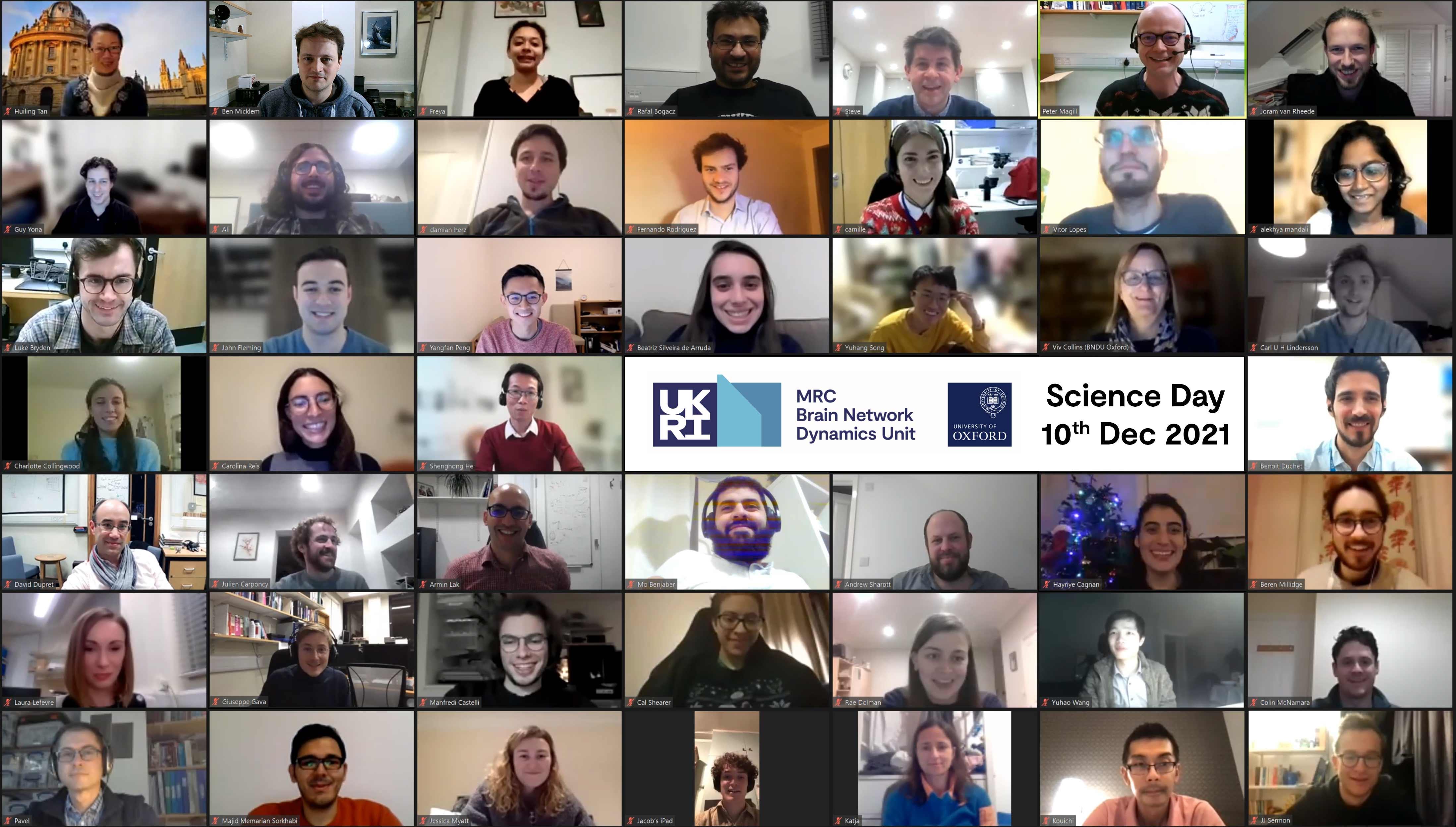
The Unit held its thirteenth Science Day on Friday 10th December 2021. Unpublished work and future research projects were the focus of discussion, and Unit members and visitors enthusiastically took the opportunity to provide the constructive criticism that is vital for nurturing collaborative, multidisciplinary research.
There were 8 short research talks, all of which were given by the Unit’s early-career scientists. Attendees were also treated to two Keynote Lectures: A first by Dr. Leila Reddy of the Centre de Recherche Cerveau et Cognition (CerCo), Toulouse, France, during which she detailed unique research insights into the encoding of sequence learning by human hippocampal neurons; and a second lecture by Dr. Armin Lak of the University of Oxford, in which he gave an engaging account of neuronal circuits important for learning from sensory confidence and reward value.
Unit Interim Director Professor Peter Magill commented: “It was exciting to see how the creative thinking and innovative experiments of the Unit’s students and postdoctoral staff are pushing back the frontiers of discovery and translational research. It was also a distinct pleasure to announce the inaugural winner of the Director’s Award for Open Research. Dr Shenghong He is a most deserving Award winner.”
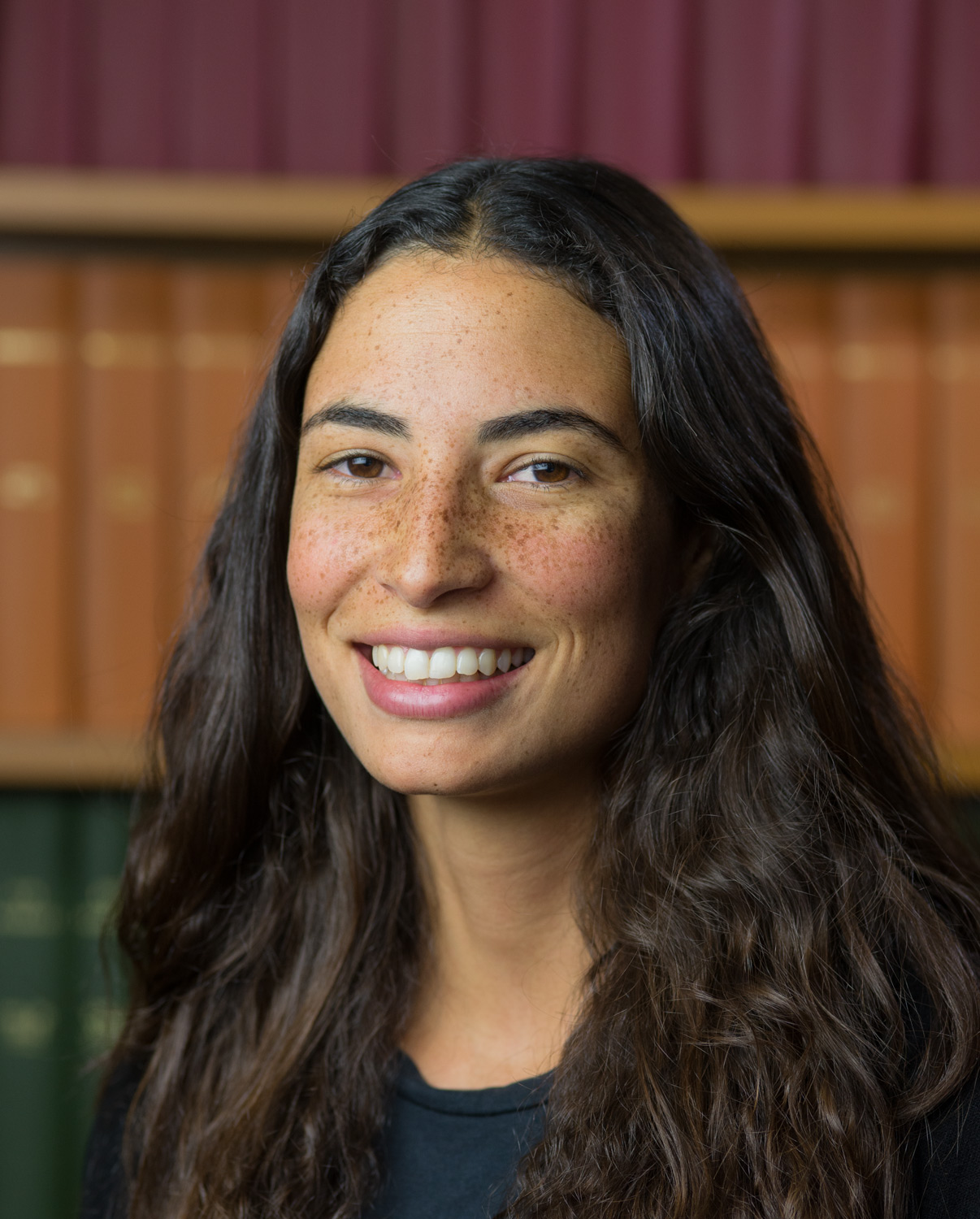
Our congratulations go to Unit D.Phil. student Carolina Reis for successfully defending her doctoral thesis, entitled “Probing and restoring disrupted thalamocortical interactions during Parkinson’s disease and Essential tremor”, in her viva voce examination on 18th October 2021.
Carolina’s viva examiners were Dr Rick Helmich (Radboud University, The Netherlands) and Professor Rafal Bogacz (University of Oxford). The viva took place remotely via digital conferencing.
Carolina was supervised by Associate Professor Hayriye Cagnan, Associate Professor Andrew Sharott and Professor Peter Brown.
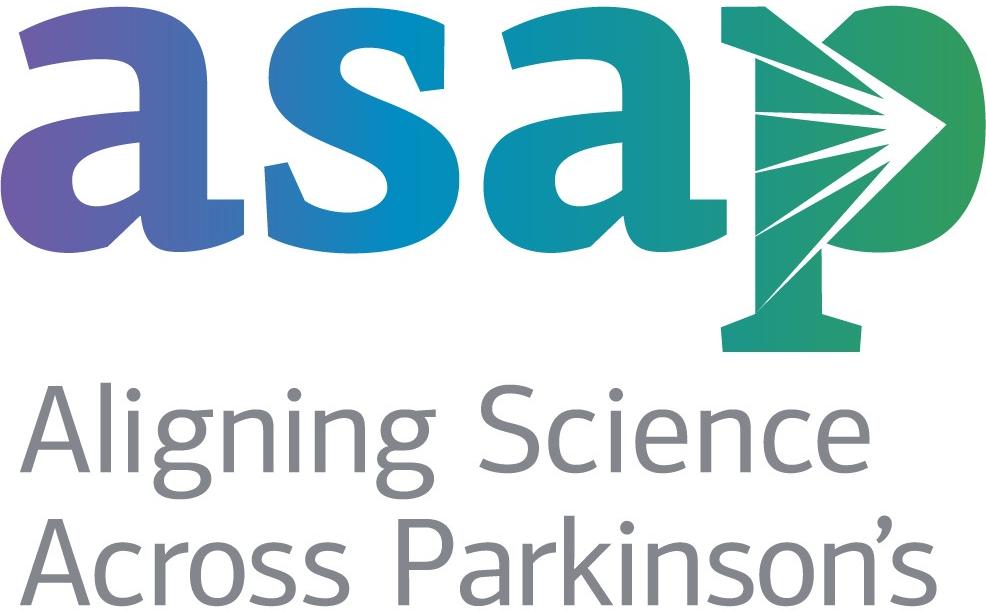
We are delighted to announce that the MRC Brain Network Dynamics Unit has received funding from the Aligning Science Across Parkinson’s (ASAP) initiative for a substantial multi-year research collaboration to advance the understanding of brain cell and circuit dysfunction in Parkinson’s.
The new international collaboration builds on the MRC Unit’s interactions with colleagues at the Oxford Parkinson’s Disease Centre, and will bring three Oxford teams together with researchers based at the University of Boston, USA, the Karolinska Institutet, Sweden, the University of Peking, China, and Stanford University, USA. As part of this collaboration, the MRC Unit will leverage its leading expertise in high-resolution in vivo phenotyping of rodent models of Parkinson’s.
ASAP is a coordinated research initiative to advance targeted basic research for Parkinson’s disease. Its mission is to accelerate the pace of discovery and inform the path to a cure through collaboration, research-enabling resources, and data sharing. The Michael J. Fox Foundation for Parkinson’s Research is ASAP’s implementation partner and issued the grant.
Professor Peter Magill, who will lead the Unit’s contribution to the collaboration, commented, “This is an exciting opportunity to enhance the Unit’s strong portfolio of fundamental and translational neuroscience research. We look forward to working with our collaborators as we pursue our shared goal of defining why, how and when brain network dynamics go awry in Parkinson’s.”
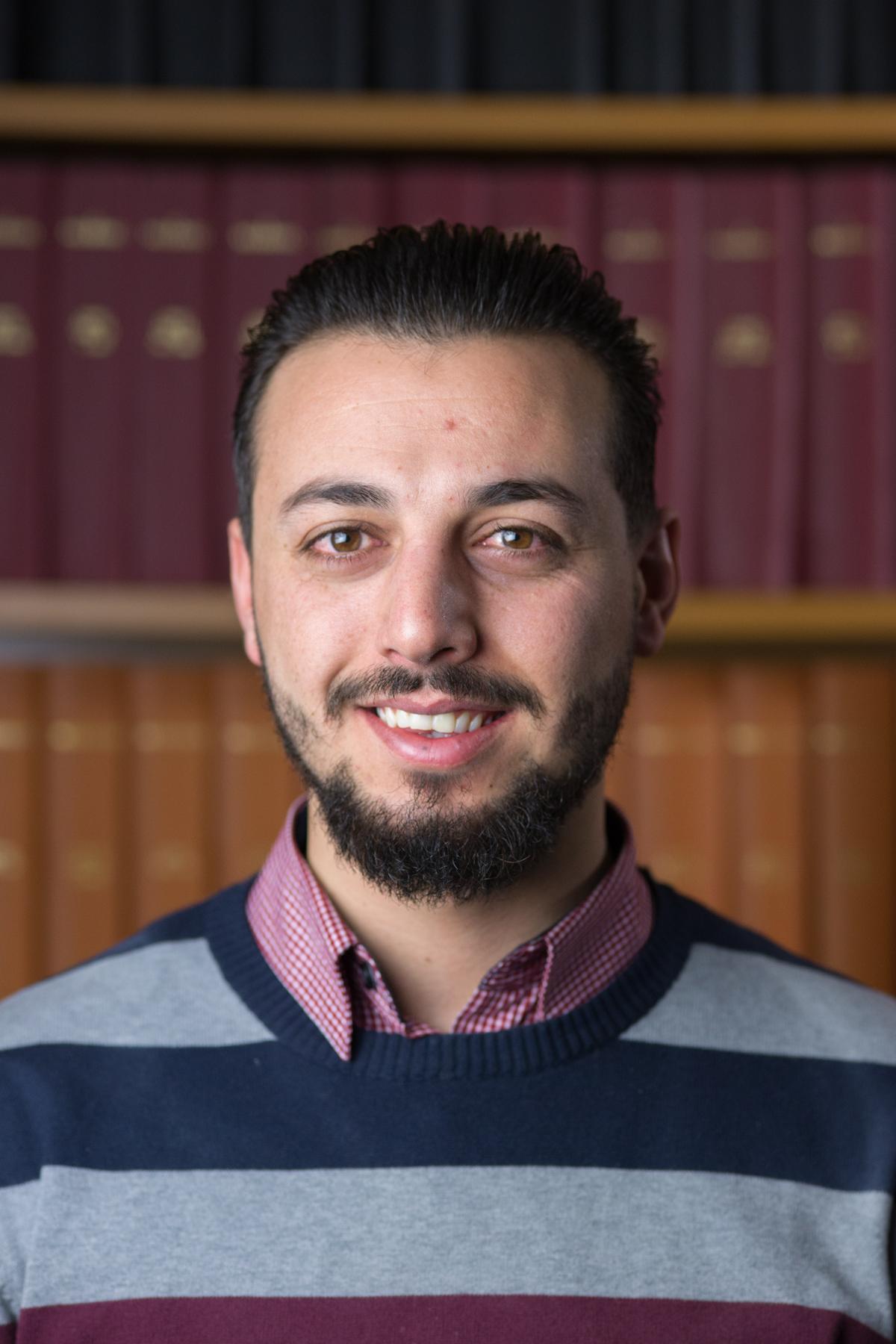
Our congratulations go to Unit D.Phil. student Saed Khawaldeh for successfully defending his doctoral thesis, entitled “Subthalamic nucleus bursting dynamics and prediction of motor measures using machine learning”, in his viva voce examination on 14th October 2021.
Saed’s viva examiners were Professor Simon Little (University of California San Francisco, USA) and Professor Kia Nobre (University of Oxford). The viva took place remotely via digital conferencing.
Saed was supervised by Professor Peter Brown (MRC BNDU) and Professor Mark Woolrich (Psychiatry).
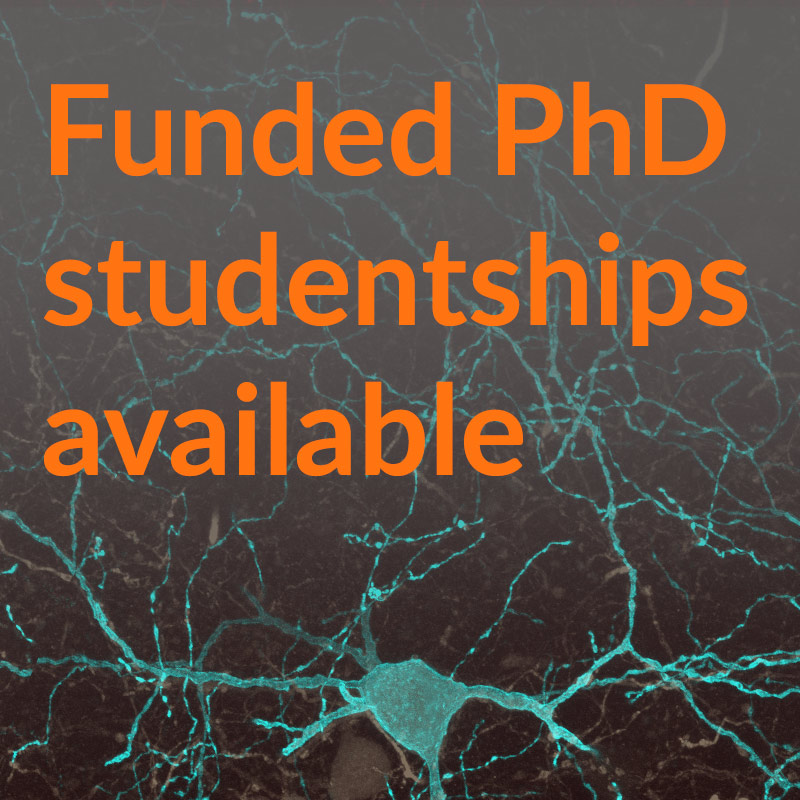
We are excited to announce that the MRC Brain Network Dynamics Unit has up to three MRC-funded studentships available from October 2022 to support Ph.D. (D.Phil.) projects as part of the Nuffield Department of Clinical Neurosciences. Each studentship is for 3.5 years.
The MRC-funded D.Phil. projects on offer are:
Project 1 (1 studentship available). Brain-computer interfacing for closed-loop neuromodulation. Supervisor: Associate Professor Huiling Tan
Project 2 (1 studentship available). Investigating network dynamics of the human hippocampus. Supervisor: Professor David Dupret
Project 3 (1 studentship available). Brain-inspired machine learning for optimizing deep brain stimulation. Supervisor: Professor Rafal Bogacz
The closing date for applications is 12.00 midday UK time on Friday 3rd December 2021.
See our Studentships page for more details on projects and how to apply.
We welcome applications from both Home Students and International Students. Candidates can apply for more than one D.Phil. project. Candidates are strongly encouraged to contact project supervisors in advance of applying.
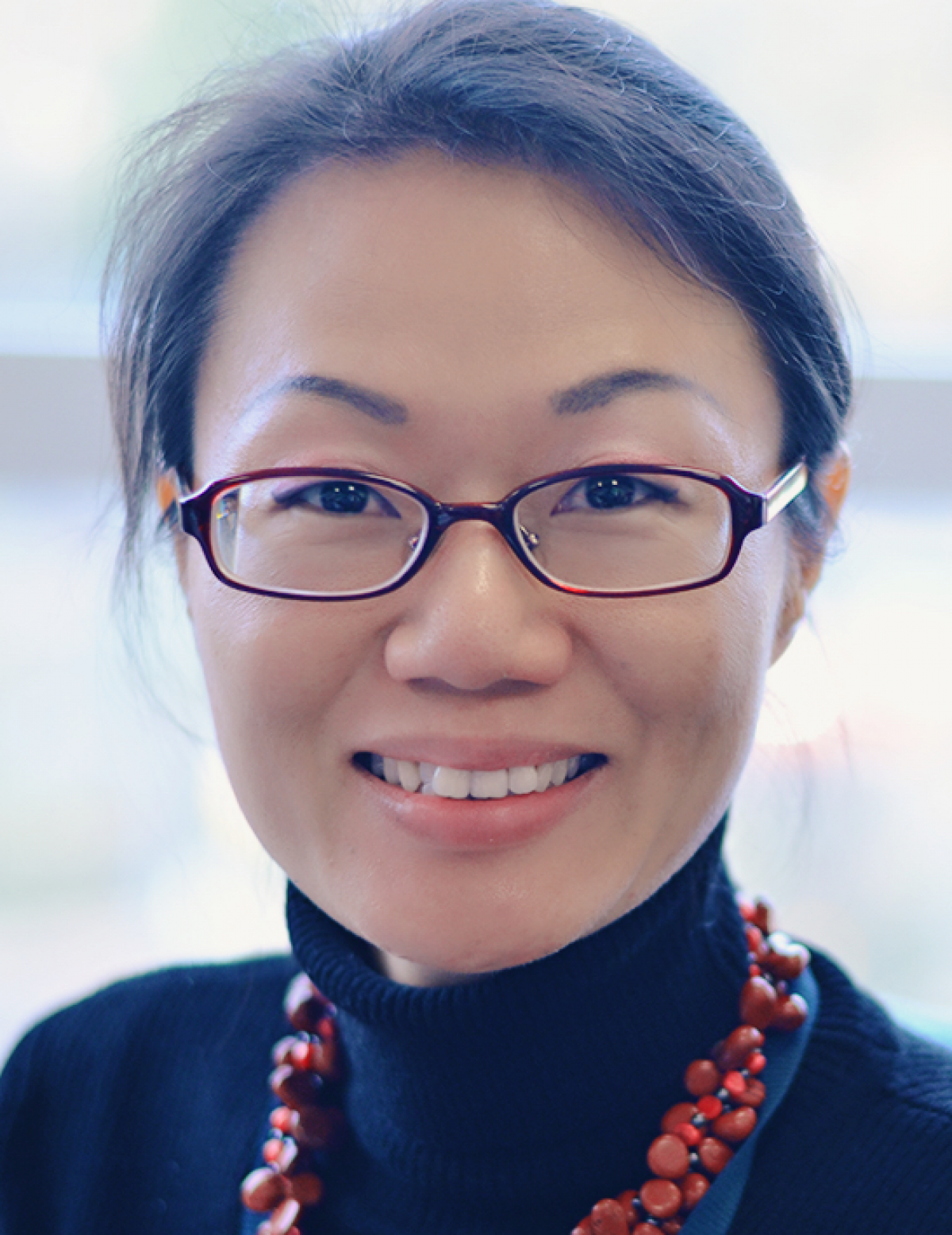
Many congratulations to Unit Group Leader and MRC Investigator Huiling Tan on being awarded a prestigious Turing Fellowship for the 2021/22 academic year.
Turing Fellows are scholars with proven research excellence in data science, artificial intelligence or a related field, and are appointed following an open competition by The Alan Turing Institute, the UK’s national institute for data science and artificial intelligence.
Huiling commented, “I am delighted to be named a Turing Fellow. I look forward to working with the Turing Institute and its network of Fellows to advance the Unit’s research, particularly that using machine learning to improve the detection and control of brain activity dynamics for therapeutic benefit.”
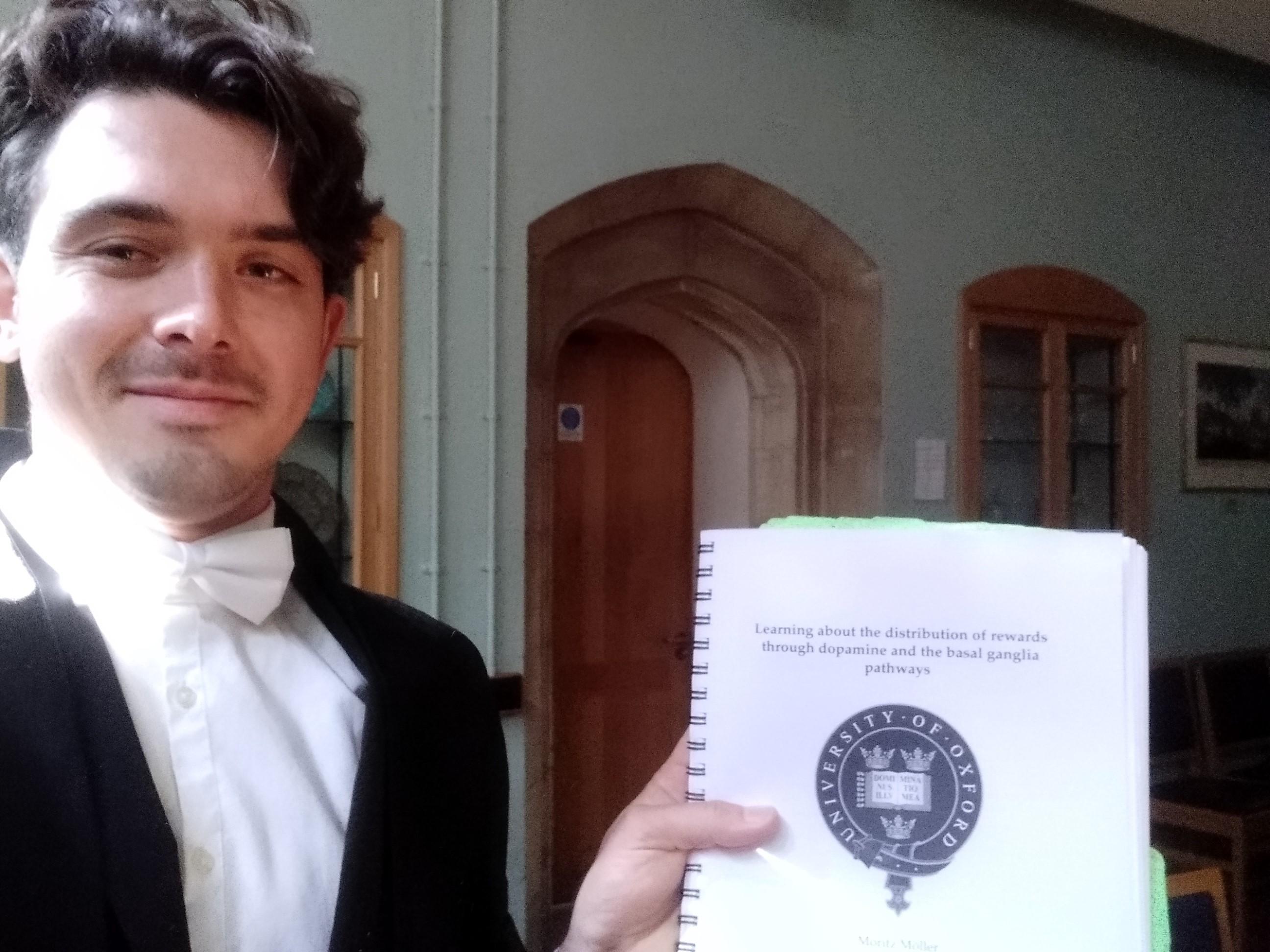
Our congratulations go to Unit D.Phil. student Moritz Möller for successfully defending his doctoral thesis, entitled “Learning about the distribution of rewards through dopamine and the basal ganglia pathways”, in his viva voce examination on 15th September 2021.
Moritz’s viva examiners were Professor Samuel Gerschman (Department of Psychology, Harvard University, USA) and Professor Timothy Behrens (Nuffield Department of Clinical Neurosciences, University of Oxford). The viva took place remotely via digital conferencing.
Moritz was supervised by Professor Rafal Bogacz (MRC BNDU) and Associate Professor Sanjay Manohar (NDCN).